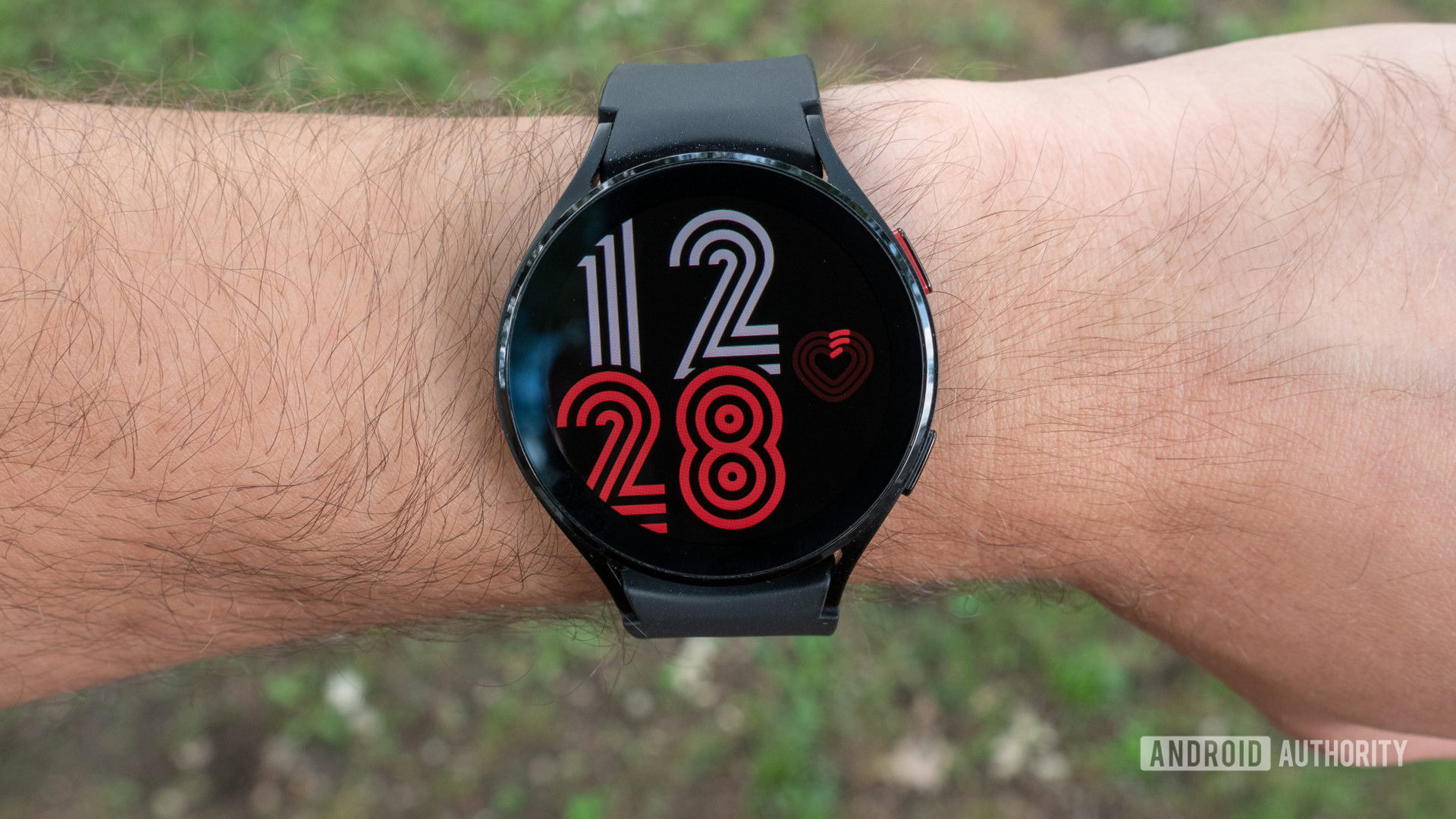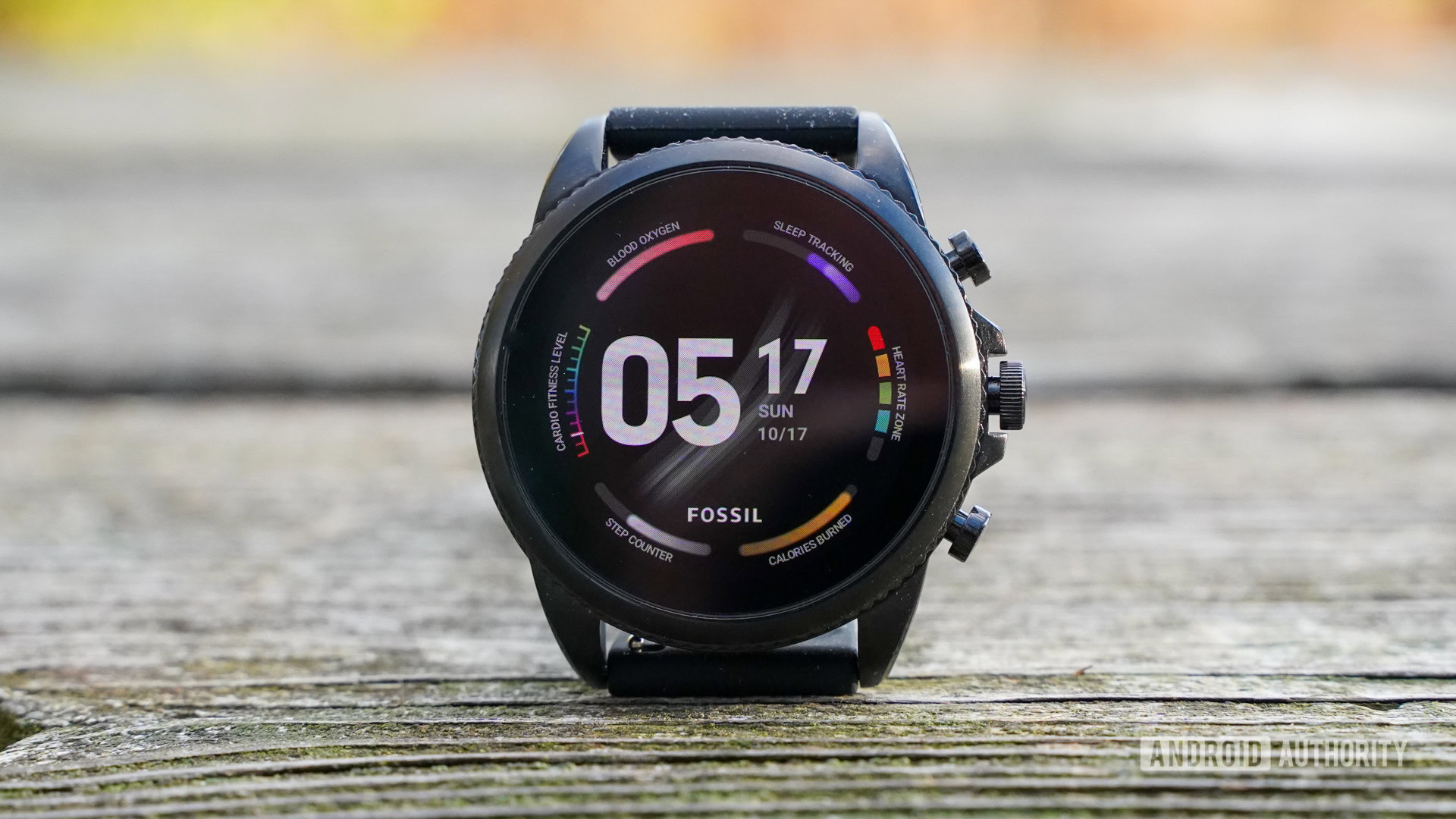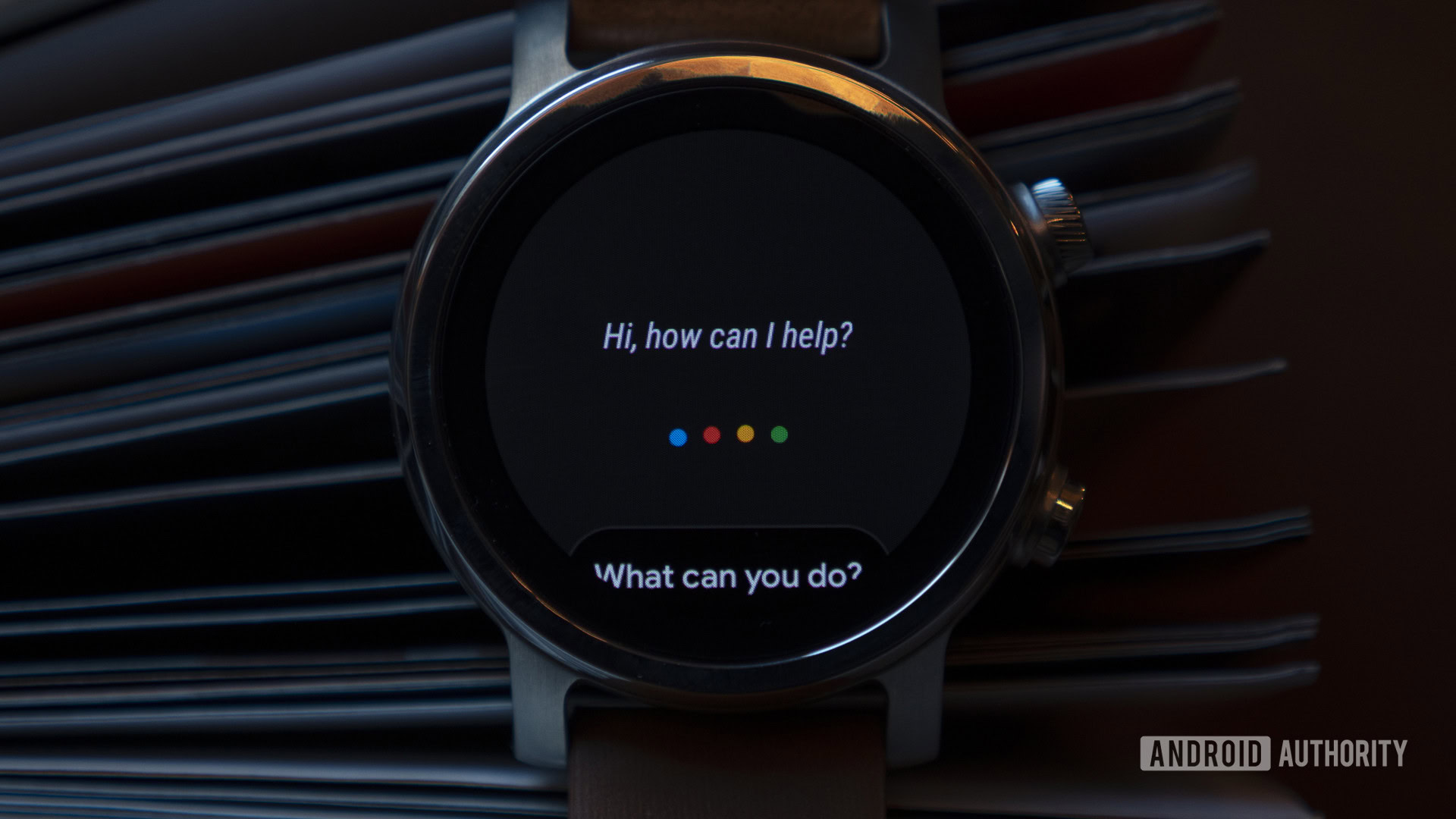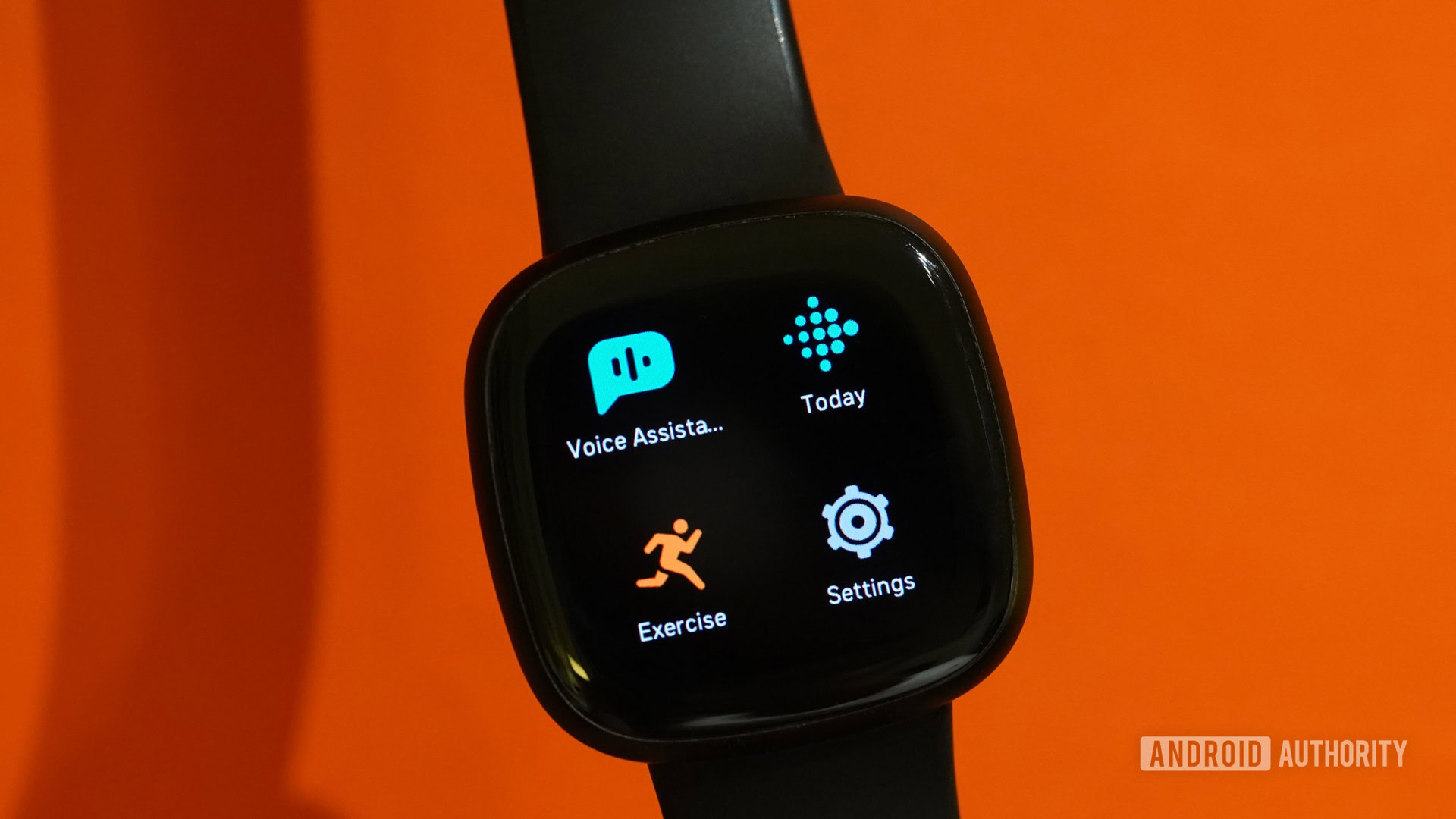Affiliate links on Android Authority may earn us a commission. Learn more.
Why you shouldn't expect a Google Pixel Watch any time soon

Since the dawn of time (okay, it’s only been a few years), Google Pixel Watch rumors have been circulating around the proverbial rumor mill. I don’t even remember when the first Pixel Watch rumors came to be, but since that time, we’ve still seen no real, believable evidence that a Pixel Watch even exists. So why does the internet continue to go crazy about Google releasing a first-party smartwatch?
There may be reasons for a Pixel Watch to exist, but that doesn’t mean it’s going to happen. Google has other plans for its significant wearables push in the next few years. Just because we all want one doesn’t mean it’s the right move for Google.
Also read: Everything you need to know about Google’s wearable platform
Google’s Wear OS strategy has always been about third parties

Since its inception, Wear OS (then Android Wear) has always been about providing software for third-party smartwatch makers. Google’s first hardware partners — Samsung, LG, and Motorola — provided the hardware, and Google developed and updated the software. That strategy has continued on ever since. Even after the big Wear OS 3 update, Google seems to be more interested in providing software, including apps and services, to Wear OS watches rather than focusing on hardware. There’s a reason for that.
Like Android proper, Google makes the bulk of its money from services like Search and YouTube. It took a very long time for hardware devices, such as Pixel phones, to barely even register on Google’s quarterly earnings reports. As much as it seems Google has been getting serious about hardware in recent years, that’s not where it makes its money. Hardware aside, would a Pixel Watch allow Google to make more money on apps and services? Likely not. The same version of Wear OS that would likely appear on a Pixel Watch is already available on Samsung, Fossil, and other Wear OS watches.
Google's Wear OS strategy has always been about providing software to hardware partners.
Furthermore, smartwatches are not the same things as smartphones, which are an integral part of our lives. Not everyone needs a smartwatch. Developing first-party Wear OS hardware would be a much more considerable risk, not to mention a much bigger money pit, for the company than simply providing the software.
Smartwatches are extremely hard to develop. Even the best ones on the market — the Apple Watch Series 7, Garmin Venu 2, and Galaxy Watch 4 — all have plenty of flaws that can make or break the experience for a lot of people. Google knows the dangers of half-assing hardware, and it surely won’t attempt to do that again. The Pixel 2 XL’s display drama tarnished the company’s hardware efforts for a very long time. Google would need to be all-in on hardware for a Pixel Watch to succeed, and it doesn’t seem like its recent efforts in the wearables market have shown any signs of that being a priority for the company.
Ask yourself why a Pixel Watch needs to exist

I’ll say it straight: Google needs a good reason to make a Pixel Watch, and I’m having trouble thinking of more than a couple of reasons why one should exist.
Think back to the launch of the Pixel phone. Google had many reasons to think it could succeed with first-party hardware in a market where the iPhone existed. The first Google Pixel showed off its machine learning-powered photography prowess that rivaled the best camera phones on the market. The first Google Pixel received updates straight from Google on day one with no months-long wait times. (Remember, this was in a world where the term “Android fragmentation” was brought up at seemingly every Apple event.) The first Google Pixel was also a vehicle for the all-new Google Assistant, which would undoubtedly make the company lots and lots of money through Search.
If Google spent time and effort creating first-party Wear OS hardware, it’d need a reason for that hardware to stand out. I have no doubt the company could make a sick-looking smartwatch, but it would need to have some sort of X factor, or a reason for enough people to buy a Pixel Watch over the latest Galaxy Watch or Fossil smartwatch.
If a Google Pixel Watch could trounce the competition in battery life, perhaps that would be reason enough for Google to release its own smartwatch. But seeing as how battery-intensive Wear OS 3 has been on the Galaxy Watch 4, I doubt Google has any super-secret battery-saving tips up its sleeve that it’s saving for its own hardware.
If Google were to make a Pixel Watch, it would've likely come before the Fitbit acquisition, not after.
Fitness tracking is another pain point for smartwatches (and perhaps another potential area where Google could surpass the competition). Many people use their smartwatches as fitness trackers. If Google could provide a more cohesive and accurate experience than the Galaxy Watch 4 or the latest Fitbit smartwatches, maybe then it’d be able to stand out for the fitness crowd. However, I don’t think there’s any possibility this would come to fruition.
Remember, instead of making its own fitness tracking devices, Google just flat-out bought Fitbit — a company that’s been making first-party hardware for years. Google is leaning heavily on Fitbit’s algorithms and data pools to learn about what people need in a wearable. If a Pixel Watch were to have existed, it would’ve likely come before the Fitbit acquisition, not after.
A Google Pixel Watch by any other name

Fitbit knows wearable hardware. It’s been making fitness trackers and smartwatches for years, and it’s been fine-tuning its health-tracking algorithms to provide accurate data to its users. It then collects that data to fine-tune things even more to keep improving its products. In other words, Fitbit is a veteran in the wearables world. It’s no wonder why Google looked to Fitbit when it was in the market to grow its wearables efforts.
If Google were to create a Pixel-branded smartwatch, it would be doing so under its own name, not Fitbit’s. That strategy seems entirely backward given the $2.1 billion it just spent on the world’s most popular wearables company.
Fitbit is already a recognizable, trustworthy name in the wearables industry. Google is... not so much.
Again, Fitbit knows wearable hardware, and Google knows wearable software. Why on Earth would Google make a Google-branded smartwatch and not use Fitbit’s hardware efforts or brand recognition? If anything, Google has work to do to make its name — as it’s associated with wearables — a household name.
Fitbit is already a household name. The company’s family-focused, inclusive brand strategy has made it so anyone — kids, adults, those with lots of money to spare, those with only a little — can have a Fitbit on their wrist.
We know a Fitbit smartwatch running Wear OS is being developed. Unfortunately, we have zero details about when that might happen or what it will look like, but we know it’s coming. Google owns Fitbit, and Fitbit is making a Wear OS smartwatch. I’m pretty sure that’s the closest we’re going to get to a Pixel Watch for the foreseeable future.
It may not sound like it, but I’d love for Google to make a Pixel Watch. I want that true Apple Watch rival for Android users. I want a watch with quick updates, stellar fitness tracking, and great battery life. If it happens, I believe it’ll come from Fitbit, not Google. Google has enough on its plate, and I don’t think adding Wear OS hardware to it will benefit the company in any quantifiable way.